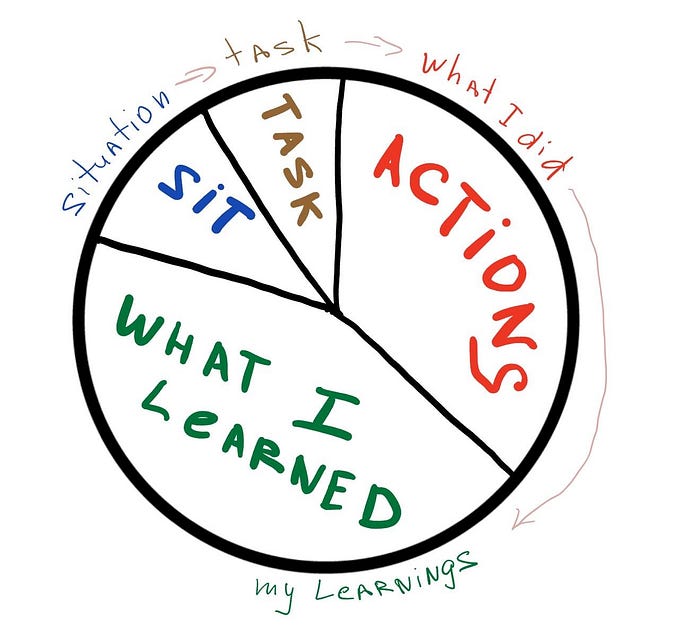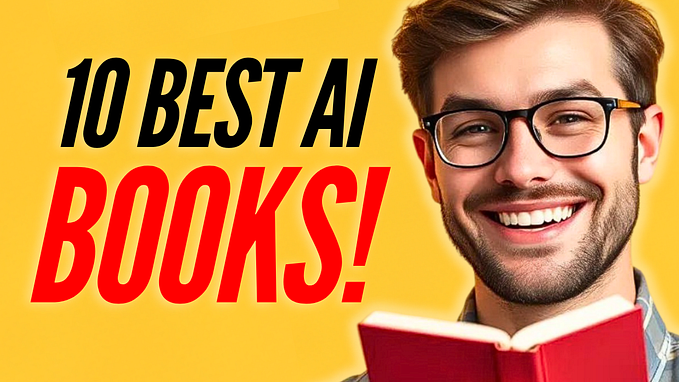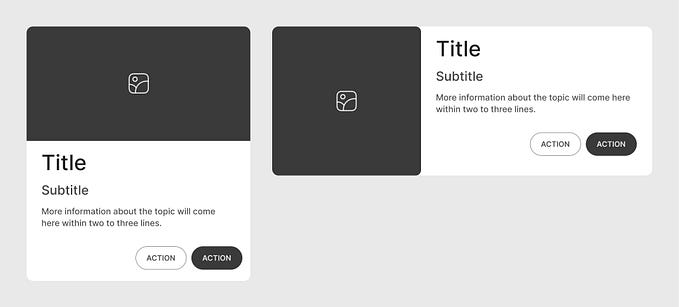4 Python Books I Read as a Self-Taught Programmer
Books to learn Python to create games, websites, automate tasks, and more
Python is one of those programming languages you can learn easily, thanks to its emphasis on simplicity and enhanced code readability. It gets even easier to learn Python when you have a book that guides you from scratch and offers you interesting projects so you can put all the concepts learned into practice.
This is why I have made a list of books I read when I was a beginner. I recommend you read them if you’ve just decided to learn Python, have been trying to understand the basics, or you already write Python code and would like to increase your knowledge in a specific area (data analysis, automation, games, etc).
Disclaimer: There are no affiliate links in any of the books listed in this article. Make sure you always get the most recent edition of any book listed below (this will help you avoid some headaches you might get by writing code used in old versions).
Python Crash Course by Eric Matthes

This is a book written for people who have never programmed and wish to learn Python from scratch. The book is organized so that you learn the basic concepts first, then use that knowledge to carry out your first Python project.
In the beginning, the book guides you through the installation of Python and a text editor. When everything is set up, you’ll learn Python’s basic programming concepts, such as variables, lists, loops, etc. On top of that, the book is full of tips to help you start writing clean code right from the start.
Once you have learned the basics, the book will present you with three projects to put into practice everything you have learned. The first project is for those who would like to learn Python by making a simple Space Invaders arcade game (you’ll learn the Pygame library), the second project is for people who prefer to know more about Python’s data visualizations libraries (Matplotlib, Plotly), while the third project is for people who wish to learn how to create web apps with Python (you’ll learn Django).
How did this book help me learn Python?
This was the first Python book I ever read and I have to say that it really helped me understand the basic Python concepts. The theory is well explained, the examples are easy to understand and the code is explained in detail line by line. In the second part of the book, I chose the web application project and it helped me develop my knowledge in Python even more by creating a nice website.
After reading “Python Crash Course,” I read the books listed below in no particular order. Choose the one that will increase your knowledge of areas you’re interested in.
Python for Data Analysis by Wes McKinney
In this book, you will learn Python’s libraries such as Numpy, Pandas, scikit-learn, and Matplotlib in order to manipulate, process, clean, and crunch datasets in Python. To do so, you need to have a good understanding of the basics concepts of Python.

Although chapters two and three cover the prerequisite knowledge for reading the book, I recommend you first learn the basic concepts of Python as explained in “Python Crash Course” if you’ve never programmed before. The explanation of Python’s basics in this book may be too fast for beginners. However, if you’ve programmed in Python before you can skip those two chapters.
By the end of this book, you’ll be able to solve a set of data analysis problems effectively.
How did this book help me learn Python?
This book is a good introduction to data science tools in Python especially for those who have some knowledge of Python. If you’re interested in learning data science, I think it’s a good idea to read this book first because some data science books will assume you have previous knowledge of Python and the libraries explained in this book.
All the datasets and code written in the book are available on Github, which helps test the examples on our computers. When I picked this book, I only read the Pandas and scikit-learn sections because they were the libraries I was interested in. I consider those sections to be well-explained and easy to understand.
If you’d like to learn data science from scratch consider reading also the books I listed in the article below.
Automate the Boring Stuff with Python by Al Sweigart

This book focuses on using Python to solve those tedious tasks we face on a daily basis, like renaming files or updating hundreds of spreadsheet cells. In this way, you’ll save immense time and put into practice what you learned in Python.
The book starts with some of Python’s basics and then walks you through the creation of programs that perform useful feats of automation. At the end of each chapter, you’ll find a practice project that will challenge you to improve those programs and use your newfound skills to automate similar tasks.
This book will teach you to create, update, move, and rename files and folders, search the web and download online content, update and format data in Excel spreadsheets of any size, send email responses and text notifications, and more.
How did this book help me learn Python?
I found the automation projects very useful, especially for those who work in positions with repetitive and monotonous tasks. I read the book after I mastered the basics of Python, so I skipped the first chapters and practiced my Python skills trying to automate the boring stuff in my everyday workflow. Thanks to this book, I was able to increase my knowledge of Python by solving real-world problems.
Invent Your Own Computer Games with Python by Al Sweigart

This book is perfect for complete beginners who want to learn Python by creating games. The book begins by helping you build simple games such as Guess the Number, Tic-Tac-Toe, and Hangman and then teaches you how to build more advanced games, like a text-based treasure hunting game and an animated collision-dodging game with sound effects.
While building those games, you’ll learn programming and math concepts that will help you combine loops, variables, and flow control statements into real working programs, work with data structures such as lists, dictionaries, and tuples, add graphics and animation to your games (you’ll learn the pygame module), program simple artificial intelligence, etc.
After reading the book, you’ll learn key programming and math concepts necessary to take your game programming to the next level.
Bonus: Beyond The Basic Stuff with Python by Al Sweigart
Once you have mastered the basics of Python, I recommend you check this book to keep increasing your knowledge of Python, no matter what topic you would like to specialize in.
Unlike the previous books, with “Beyond the Basic Stuff with Python,” you’ll learn the best practices that will help you write better code. This book explains coding style, common sources of bugs, functional programming techniques like lambda, how to create classes in object-oriented programming, etc.
I’m reading it and it’s one of those books that stays next to your keyboard for a long time!
That’s it! Hope those books help you learn Python as much as they helped me. Below you can find some Python projects I completed.










